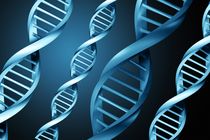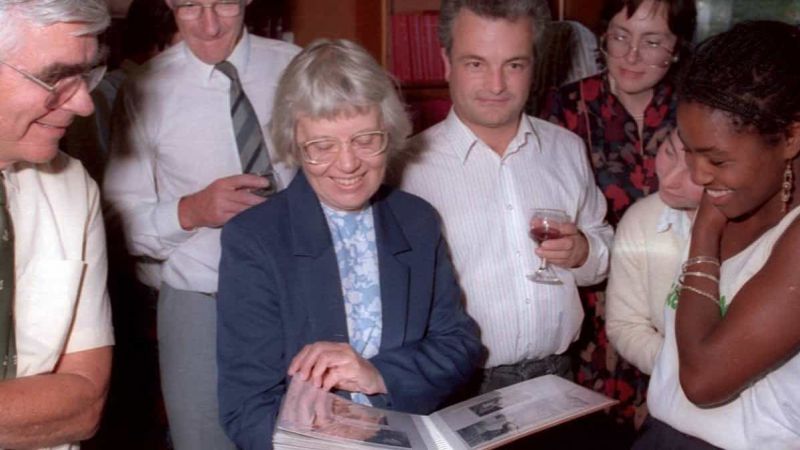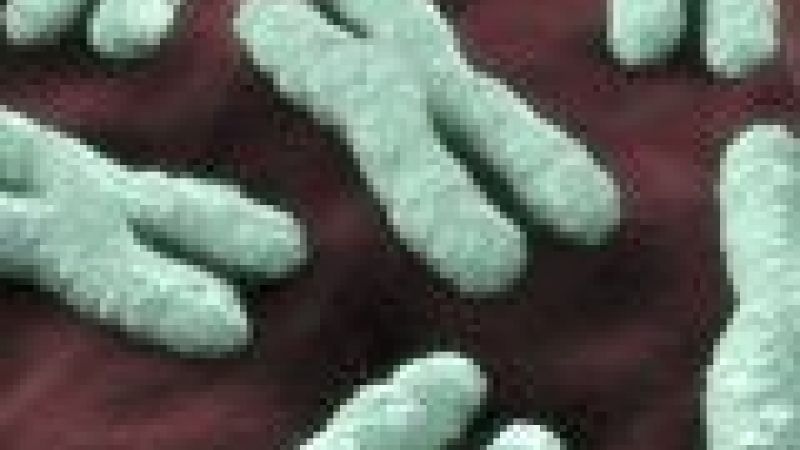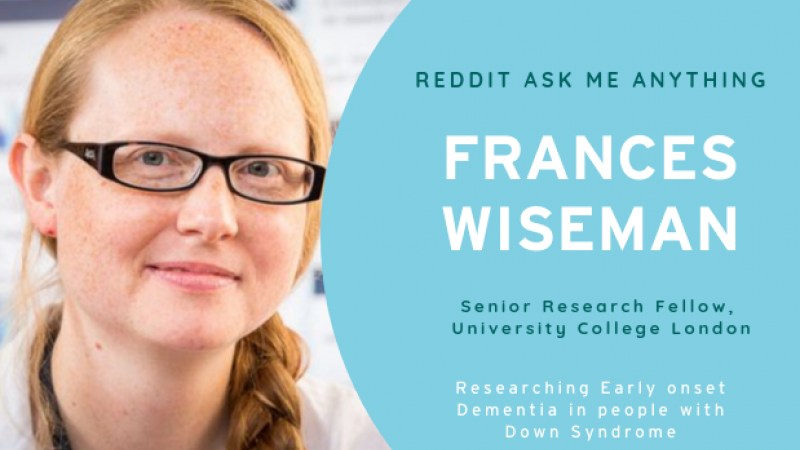Text to go here...
 Modified stem cells have been used to treat Duchenne muscular dystrophy (DMD) in mice by replacing the faulty gene that causes the disease with a normal version of the gene. The study is the first to show that stem cells can deliver genes into the body to treat a disease.
Modified stem cells have been used to treat Duchenne muscular dystrophy (DMD) in mice by replacing the faulty gene that causes the disease with a normal version of the gene. The study is the first to show that stem cells can deliver genes into the body to treat a disease.
DMD is caused by a faulty copy of a large gene called dystrophin. It causes muscles to progressively break down resulting in weakness and disability. Over 70,000 babies, children and adults are affected by the disease in the UK alone.
Gene therapy is a treatment where a healthy gene is used to replace a faulty one in a patient's cells. Genes are usually delivered into the patient by inserting the gene into a modified virus. Viruses are able to enter cells and insert genes into the host cell genome. Unfortunately, the dystrophin gene is too large to be introduced by a virus.
To get around this scientists engineered a human artificial chromosome (HAC), containing a healthy copy of the dystrophin gene. Scientists then put the artificial chromosome into stem cells taken from mice with the rodent version of Duchenne muscular dystrophy.
Because HAC is replicated like a normal chromosome it is passed on to the next generation of cells when a cell divides. This means that all cells originating from cells containing the HAC will have a healthy copy of the gene.
When the stem cells were transplanted back into the mice they formed healthy muscle, curing the DMD condition in 8 out of 10 mice.
Last edited: 11 January 2022 14:52




